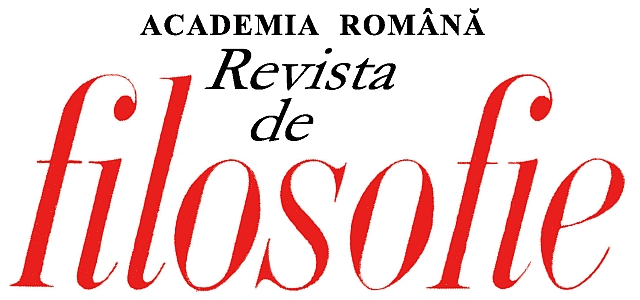FILOSOFIA LIMBAJULUI LA VECHII INDIENI PE TEME ŞI „AUTORI”
The Philosophy of Language în Ancient India. Themes and
„Authors”
Author(s): Florina BratSubject(s): Philosophy, History of Philosophy, Non-European Philosophy, Semiology
Published by: Editura Academiei Române
Keywords: philosophy of language; word; Pāṇini; Aṣṭādhyāyī; Sanskrit grammar; structural linguistics;
Summary/Abstract: Thephilosophy of language in India is inextricably linked with the mythical thought of theWord (vāc / śabda) that underlines almost all philosophical systems and grammaticalschools. Having already sixty-four grammarian predecessors, Pāini (4th B.C.) represents theturning point in firmly establishing the rules of the Vedic and of the canonical (bhāṣa )(classical) Sanskrit. The philosophical insights around Sanskrit are propounded by variousprepāṇinan and postpāṇinians Mīmāṁsāka and Naiyāyika grammarians and philosophers.Bhartṛhari occupies an unique position in the line of the grammarians, byintegrating the word and language theories and concepts under a “linguistical monism”.His works are chronologically the first that combine the traditions of purely linguisticapproach of the śabda sau prakriyā grantha, represented by Pāini, and darśana grantha –the tradition with certain philosophical propensities as it could have been identified atVyāi out of the quotations that have survived.The present introductory lines throw also some light on how Indian grammarianphilosophersapproached semiotics key-concepts such as significant (sphoṭa ), sound(dhvani), class (jāti), linguistic universals (ākṛti ) and individuals (vyakti), sentence(vākya) etc., concepts that have been widely and deeply studied by the modern researchof structural linguistics and philosophy of language.
Journal: Revista de filosofie
- Issue Year: LXIV/2017
- Issue No: 4
- Page Range: 593-620
- Page Count: 28
- Language: Romanian, Moldavian

